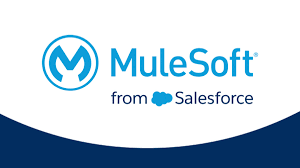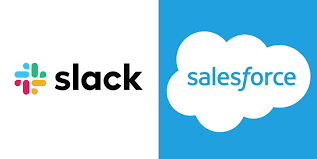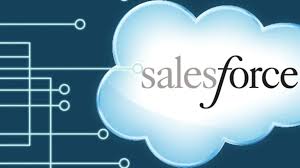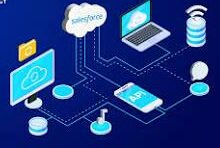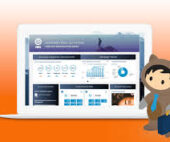Salesforce Announces Genie
San Francisco – September 20, 2022 – Salesforce (NYSE: CRM), the global leader in CRM, today unveiled Salesforce Genie, a hyperscale real-time data platform that powers the entire Salesforce Customer 360 platform. With Genie, every company can turn data into customer magic, delivering seamless, highly personalized experiences across sales, service, marketing, and commerce that continuously adapt to changing customer information and needs in real time. Today, 71% of customers expect every interaction with a business to be personalized. However, data remains siloed and duplicative across most companies. Companies on average have 976 separate applications to run their business — that’s potentially 976 versions of a single customer, leading to disconnected digital experiences. Responding to customer needs in real time is more critical than ever, but is becoming more challenging as the amount of data created, captured, replicated, and consumed each year is expected to more than double by 2026. Companies must seamlessly connect digital and real-world customer interactions in order to provide the most relevant, personalized, and compelling experiences, in every moment. A sales rep can no longer rely on in-person communication to close a large deal — reps need real-time insights about every customer, based on real-time and historical data, to act on the most relevant information in the moment, every time. A service agent runs the risk of losing a valuable customer if they lack a complete, real-time view across every touchpoint — every agent needs a source of real-time customer truth. With real-time patient data, healthcare providers can deliver proactive guidance and care recommendations. “Genie makes every part of Customer 360 more automated, intelligent, and real time.” DAVID SCHMAIER, PRESIDENT AND CHIEF PRODUCT OFFICER, SALESFORCE “Every business leader wants to take advantage of real-time data to create compelling, personalized customer experiences — milliseconds matter in this new digital-first world,” said David Schmaier, President and Chief Product Officer, Salesforce. “That’s why we built Genie, our most significant innovation ever on the Salesforce Platform. Genie makes every part of Customer 360 more automated, intelligent, and real time.” Salesforce Genie: Unify data to build a real-time customer graph and single source of truth As the heart of real-time Customer 360, Salesforce Genie ingests and stores real-time data streams at massive scale and combines it with Salesforce transactional data. Genie includes built-in connectors that bring in data from every channel (mobile, web, APIs), legacy data through MuleSoft, and historical data from proprietary data lakes. Like Related Posts Salesforce OEM AppExchange Expanding its reach beyond CRM, Salesforce.com has launched a new service called AppExchange OEM Edition, aimed at non-CRM service providers. Read more The Salesforce Story In Marc Benioff’s own words How did salesforce.com grow from a start up in a rented apartment into the world’s Read more Salesforce Jigsaw Salesforce.com, a prominent figure in cloud computing, has finalized a deal to acquire Jigsaw, a wiki-style business contact database, for Read more Service Cloud with AI-Driven Intelligence Salesforce Enhances Service Cloud with AI-Driven Intelligence Engine Data science and analytics are rapidly becoming standard features in enterprise applications, Read more




